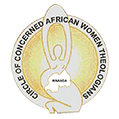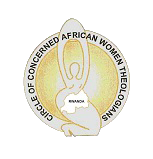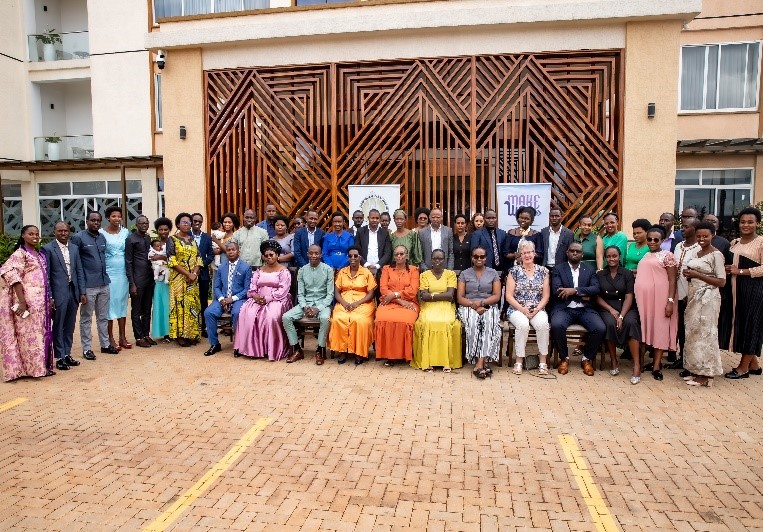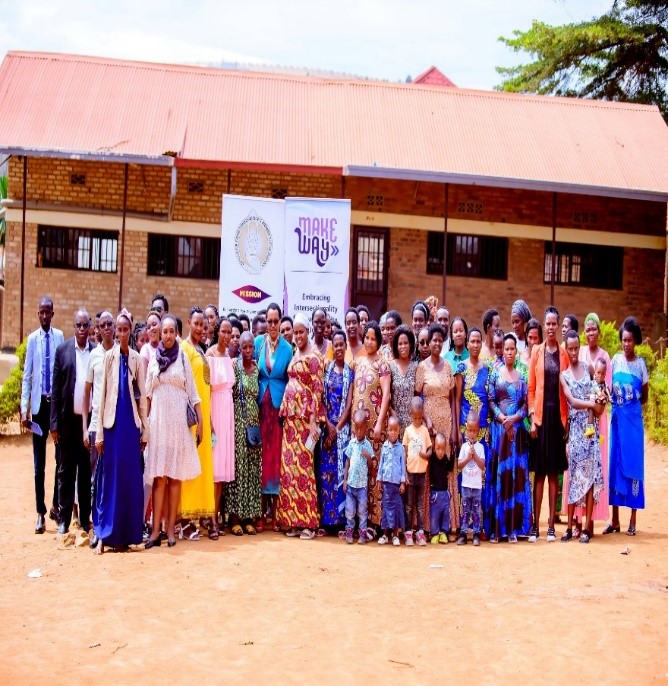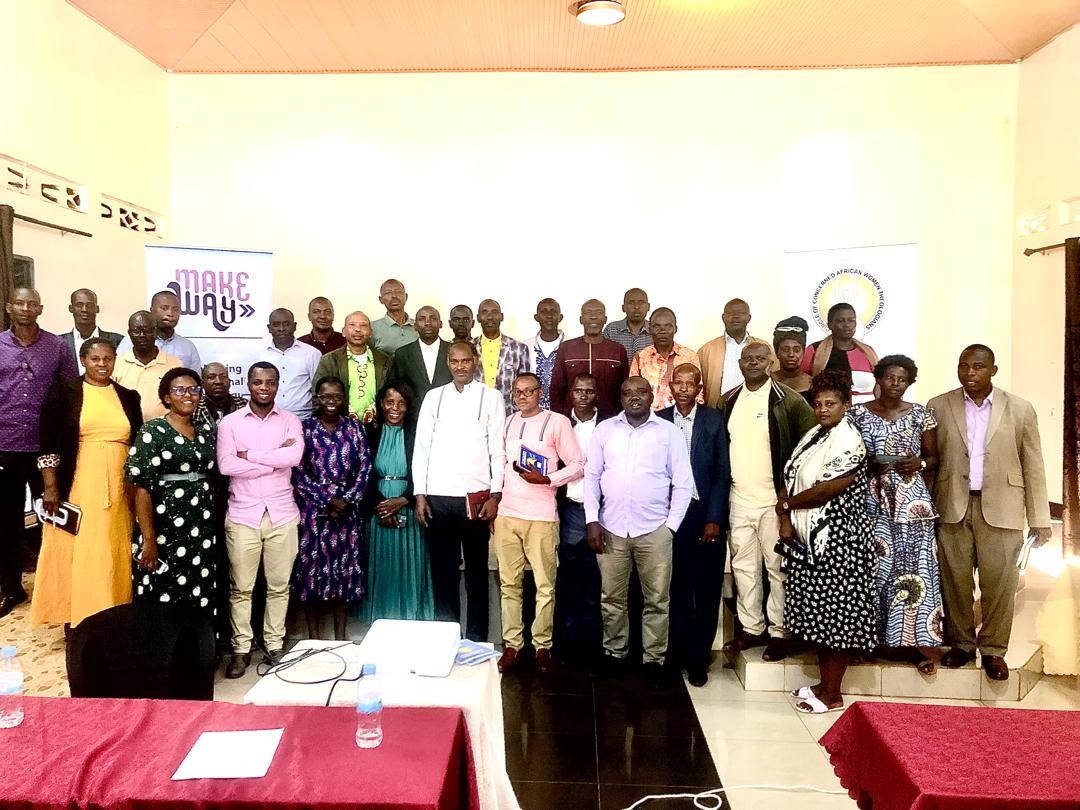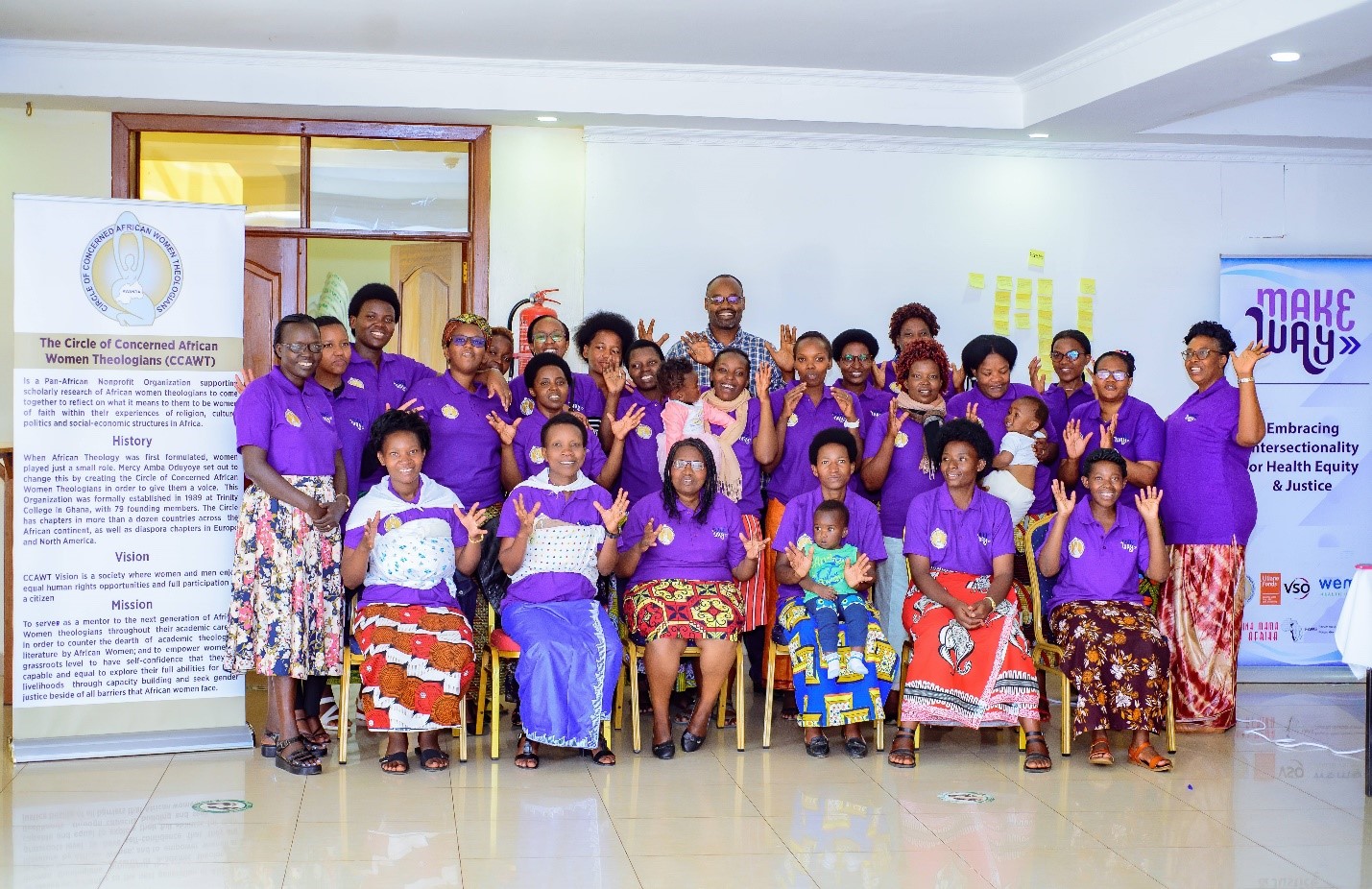- circlerwanda@gmail.com
- KK 698 St, Kigali
TEEN MOTHERS TRAINING ON SEXUAL REPRODUCTIVE HEALTH RIGHT (SRHR) AND GENDER BASED VIOLENCE (GBV)
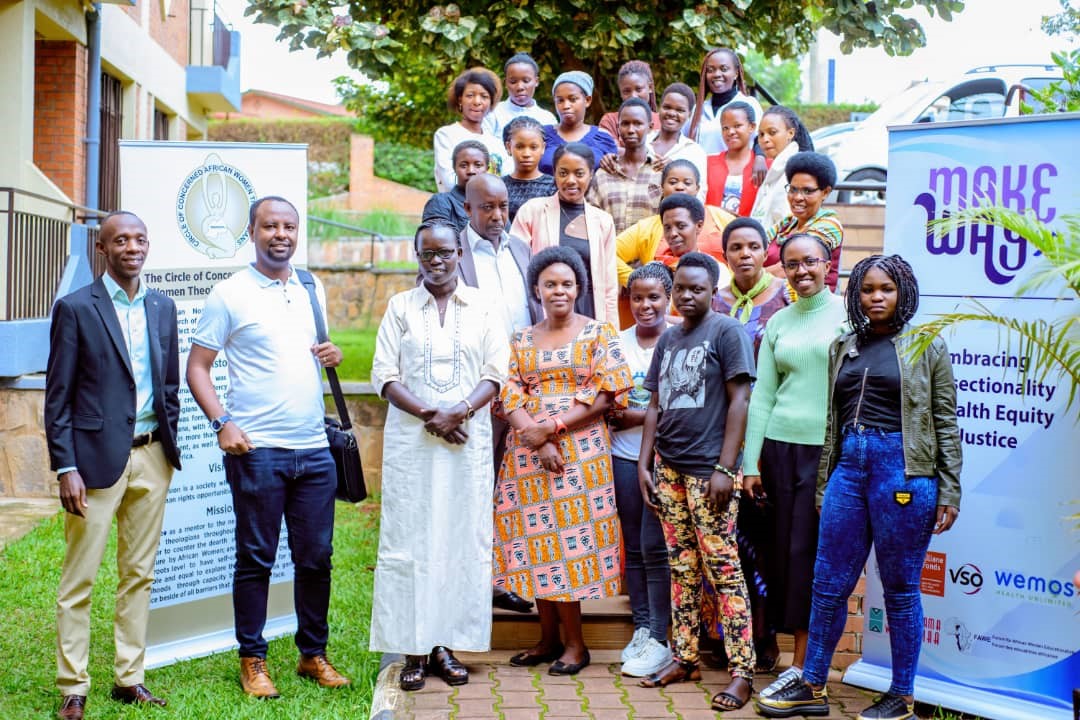
TEEN MOTHERS TRAINING ON SEXUAL REPRODUCTIVE HEALTH RIGHT (SRHR) AND GENDER BASED VIOLENCE (GBV)
Background
According to the latest demographic and health survey 2019-2020, adolescents in Rwanda face significant barriers in accessing SRHR information and services. This is due in part to the belief that adolescents should not engage in sexual activities thus should not have access to SRHR information and services without parental consent. Furthermore, Parents tend to hold to conservative beliefs that make discussion around their children’s sexual and reproductive health taboo. In school as well, information about SRHR is often incomplete and teachers are not equipped to deliver comprehensive sexuality education in a non-judgmental, stigma-free way. According to HDI Rwanda, the research shows that instead of seeking advice from parents, adolescents tend to rely on their peers and social media for information on sex and sexual health.
Gender based violence is one of the priorities for rebuilding a stronger, more equal society, an important issue for public health and fundamental human rights. Gender-based violencehas been criminalized in Rwanda since 2008 and it is currently under the law NO 68/2018 of 30/08/2018, which defines four types of GBV; bodily, economic, sexual and psychological. While Rwanda has made progressive and impressive strides towards eliminating GBV, the National Demographic Health Survey (DHS) reported over 35% of women experiencing physical violence (22% of them experiencing sexual violence) in their lifetime, with 14% of women experiencing it within the year preceding the survey. According to WHO, the report shows that 90% of GBV victims are women yet, less than a half of them report seeking assistance to stop violence and the majority tend to hide and tolerate it regardless. It also shows that 35% of women worldwide have experienced either physical and/or sexual intimate partner violence or non-partner sexual violence. Many other innovative national strategies and policies have been initiated by the government to eliminate GBV and promote gender equality at all levels.
Introduction
Sexual reproductive health (SRHR) is a concept of human rights applied to sexuality and reproduction or rights to access information and services needed to support and optimize health. SRHR include a diverse issue like contraceptive services, abortion, prevention and treatment of HIV and other STIs, maternal health rights and newborn care, gender-based violence. We believe that GBV plays a big role in preventing women from accessing SRHR services, because in most cases people are denied services due to violence and this is mostly GBV. Learning about SGBV, domestic abuse and what to do will help girls, teenage and young mothers to protect themselves and their families.
It is in this regard The Circle of Concerned African Women Theologians raised awareness on SRHR and GBV information to the young mothers and girls from Kicukiro District during the commemoration of the 16 days of Activism.
The Circle of Concerned African Women Theologians trained 25 teen mothers and their 5 mentors from Gikondo Sector of Kicukiro District on SRHR and GBV. The training was conducted and facilitated by a youth and SRHR advocate Marie Ange Raissa UWAMUNGU. The facilitator aimed at enhancing teen and young mothers’ knowledge on sexual reproductive health, rights and sexual gender based violence.
The following were key topics of the training:
Menstrual cycle process
- Menstrual cycle, how to track it and all changes that occurs during that time
- Menstruation phenomena and menstrual hygiene management
- Premenstrual syndrome as a group of symptoms that occur in women, typically between ovulation and the period.
Ovulation period
- Ovulation, it’s signs and tracking
- Formula used to know the exact day of ovulation (using number 18 and 11)
- STDs (sexual transmitted diseases), transmission, possible signs and prevention.
Family planning
- FP (family planning), their usage and the different methods available in our context.
- FP mode of action and their side effects.
- FP is one of pillars to poverty reduction, gender equality and women’s empowerment.
Gender Based Violence (GBV) and self-esteem
- Meaning of violence, GBV and SGBV
- GBV actions, GBV legal framework in Rwanda and measures put in place by the government to fight against it.
- GBV victim’s rights and how to support them.
- Our roles in society to fight GBV and do reporting
- How to build your self confidence
Before starting the training, participants are given pre-test so as to know at which level is their knowledge on SRHR and GBV. This is where we get to understand the audience and know what strategy to use in order to make the session more interactive and interesting. According to the participants’ responses to some questions, we have realized that most teen mothers got pregnant through SGBV and some are still facing GBV in their families, which is still a big challenge especially for those under 18 years old. They are still facing different challenges where they are being forced to use family planning against their will. Two of the participants shared their testimonies regarding that issue.
Lessons learnt (Post training survey)
What participants learnt from the training
- I learnt how to detect my ovulation period
- I understand the differences between the normal calendar and my menstrual cycle
- I learnt that it is my right to choose which family planning methods to use
- I learnt different types of GBV
- I know how to support a GBV victim and where to report GBV
- I now have different toll free numbers I can call in case I encounter GBV
- I learnt that only me should take the decision made over my body
- I learnt different types of sexual transmitted diseases and infection
- I learnt how to gain back my confidence and how I should be a good advocate for my fellow young girls
- I learnt how to prevent myself from sexual transmitted diseases and infections
Recommendations and conclusion
Women and girls are the most vulnerable when it comes to GBV and SRHR, which increases their risks to be pregnant and hinders their development especially that most girls drop out of school after they become pregnant. Many of them are still facing various challenges regarding their sexual and reproductive health however if you compare how attentive they were during the trainings, it shows they ready to take their lives in charge and to never allow what happened to happen again although they need more skills on SRHR and GBV prevention each session having its day. We appreciate the efforts made by both non-governmental and public organizations to advocate for these issues, raising awareness and providing necessary services however there is still a long journey to ensure teen/young mothers’ lifestyle is healthy and dignified.
The same training was conducted at Kirehe, and Gasabo District
Date
District
Participants
Male
Female
01/12/2022
Kirehe
-
30
09/12/2022
Kicukiro
-
30
30/05/2023
Gasabo
-
30
Read more for the following attached file
Open PDF
